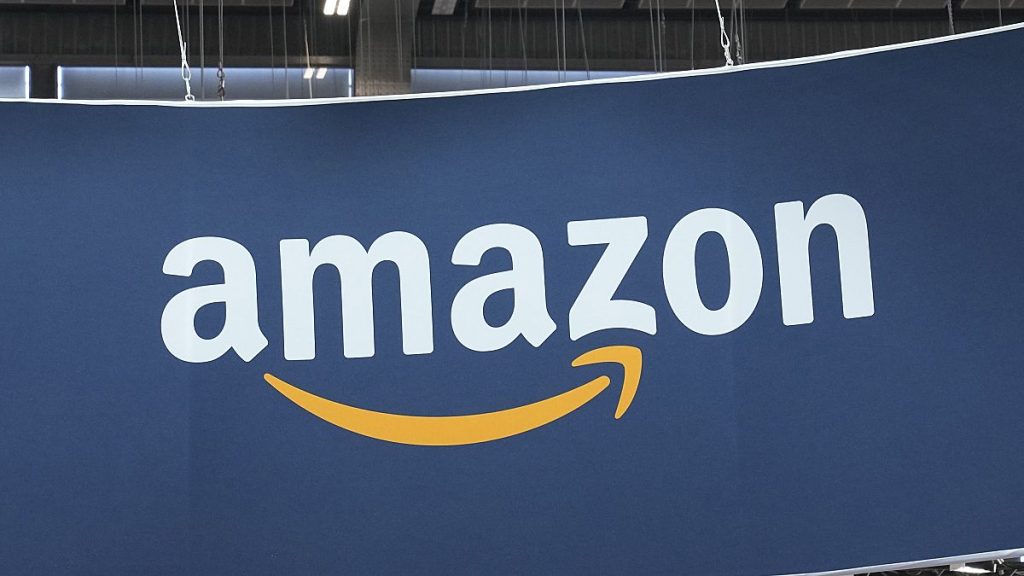Amazon is working towards mending its relationship with the European Parliament after experiencing a setback that resulted in its lobbyists being denied access due to non-cooperation. The European Parliament’s Employment Committee (EMPL) has outlined conditions for the tech giant to regain access, including a compulsory hearing and a visit for Members of the European Parliament (MEPs) to one of Amazon’s fulfilment centers. Sources indicate that the decision to restore access is not guaranteed and that lawmakers are taking a cautious approach in light of Amazon’s previous refusals to participate in discussions regarding working conditions at its EU facilities.
Historically, the EMPL invited Amazon twice during its last five-year term to join discussions on labor conditions; however, both invitations, extended in May 2021 and January 2024, were declined by the company. Efforts to visit Amazon’s facilities in Poland and Germany, planned for December 2023, were also canceled. Accordingly, members of the committee decided to revoke access privileges for 14 of Amazon’s lobbyists, a move praised by over 30 trade unions across Europe, indicating a significant level of dissatisfaction with Amazon’s engagement on labor issues.
In response to the withdrawal of lobbyist access, Amazon’s Director of EU Public Policy, James Waterworth, reached out to Li Andersson, the chair of the EMPL, expressing the company’s eagerness to support the committee’s work and inviting them once again to visit their facilities. A spokesperson for Amazon emphasized the company’s commitment to addressing concerns from both customers and policymakers and reiterated a desire for proactive engagement with MEPs. This outreach by Amazon reveals a strategic attempt to rebuild connections and demonstrate a willingness to collaborate on issues of labor practices.
Union leaders have responded to Amazon’s overtures with measured optimism but have emphasized the need for stringent conditions during any potential fact-finding missions or hearings. Oliver Roethig, Regional Secretary of UNI Europa, highlighted the importance of including workers’ representatives and trade unions in any discussions to ensure a comprehensive understanding of the prevailing conditions in Amazon’s warehouses. This call underscores the significant role that employee voices play in informing legislative dialogue on labor standards and corporate accountability.
Lawmaker Leïla Chaibi, representing The Left in France, has expressed a strong stance regarding Amazon’s compliance with labor laws. She underscored that past experiences with the corporation indicate that sanctions are often necessary to elicit a meaningful response from companies that disregard workers’ rights. Chaibi advocates for a thorough examination of Amazon’s practices and has committed to holding the company accountable during any future discussions, asserting that visits to their facilities will be conducted on the Parliament’s terms, reinforcing the need for transparency and integrity in these interactions.
In summary, as Amazon seeks to re-establish its foothold within the European Parliament, it is met with cautious scrutiny from lawmakers and labor representatives. The company’s previous failures to engage and fulfill commitments have led to a situation where access is contingent upon its cooperation in addressing serious labor concerns. The dialogue surrounding Amazon’s practices highlights broader themes of corporate responsibility, labor rights, and the necessity for constructive cooperation between businesses and policymakers to ensure fair conditions for workers in an evolving economic landscape.














